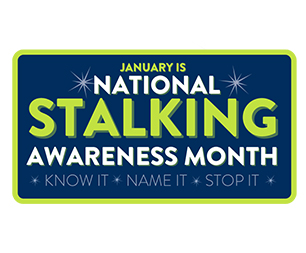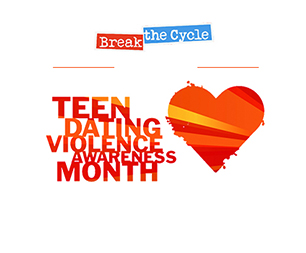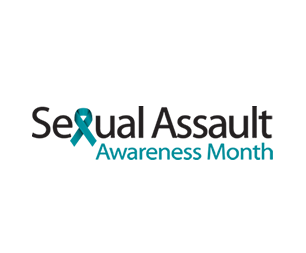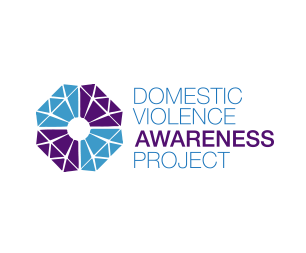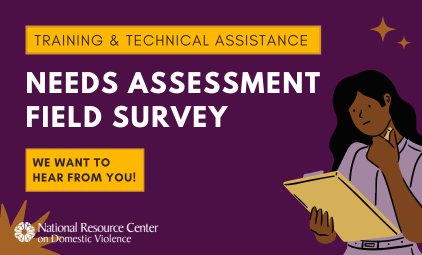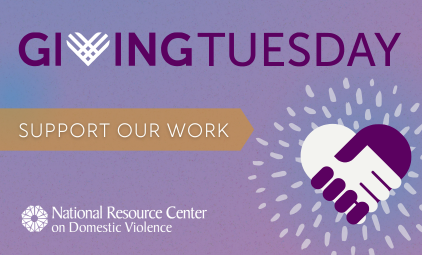Victims’ actual experiences of gender-based violence and exploitation do not align with standard psychological and legal assessments of such dynamics. This gap between lived victim experience and forensic assessment frequently leads to incomplete or weak victim narratives. Such incomplete narratives often are used to label the victims as untruthful or unreliable harming the ability of the criminal justice system to effectively prosecute abuse.
In this talk, faculty will suggest solutions to effectively narrow this gap by using the most recent scientific advances on our understanding of abuse and exploitation assessments. Specifically, faculty will trace how most abusive relationships marked by coercive control begins with an initial period of deception—labelled as predatory helpfulness--marked by offers of help and or romance prior to coercing victims to engage in harmful forms of sex including commercial sex or sometimes in domestic violence situations. Faculty will explain how knowing this initial relational phase in depth brings context to the larger situation of abuse and connects how later coercive control tactics succeed.










